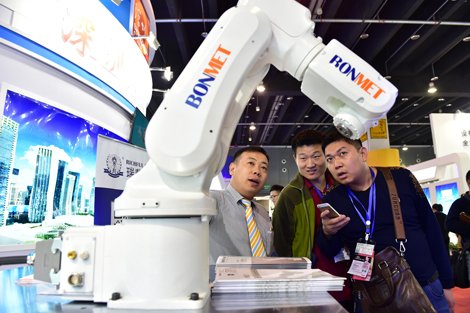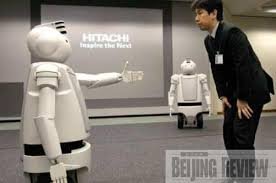
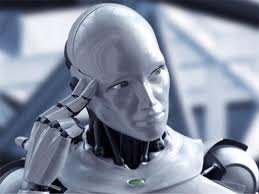
Currently there are less than 100 000 robots in Chinese homes, not counting the vacuum cleaners,
in several commercials they are in service robots, for the home or the office.
Liu Xuenan, president of the company Canbot says that in the future, predicts Yu Kai, head of Horizon Robotics, automated assistants 'made in China' can do everything, even manufacture a car and drive it. "Each person could have 10 robots," he says. A prediction that if fulfilled will mean the presence in China of about 14 billion robots.
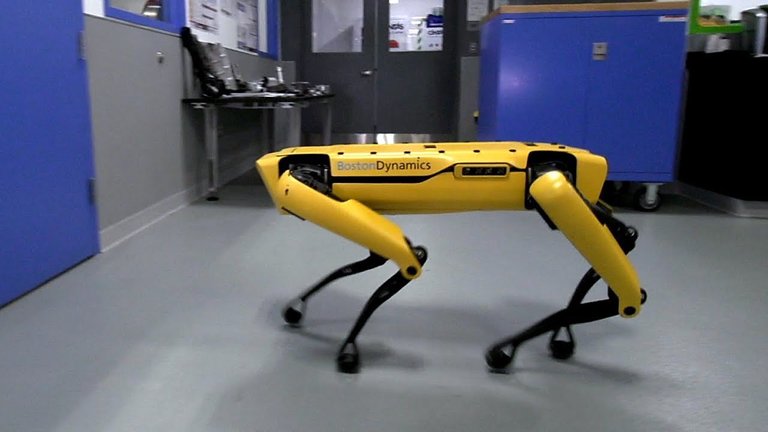
Lately the Chinese consumers have become addicted to the "superhero robots", and they demand every day more to see films starring these characters and to buy everything related to this market. In Chinese cities, shops attract customers with waiters, chefs and mechanized porters, and in rural areas, many devise junk-based automata.
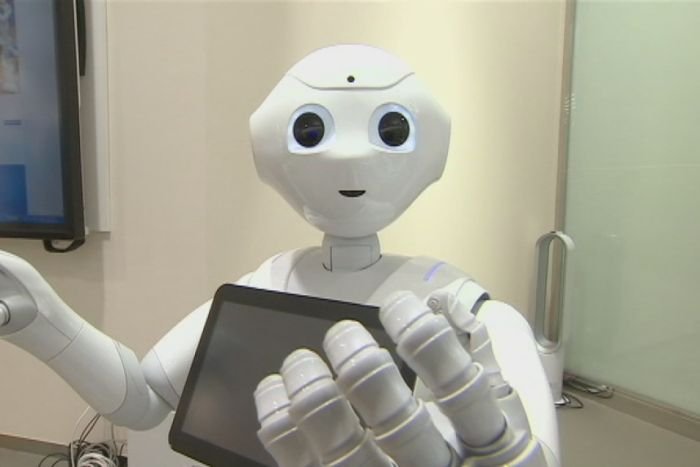
The transition to a robot-based economy is complicated, as Chinese companies are technologically far from their neighbors in South Korea and Japan. China, Among the most reserved expectations in the robotics market, it is estimated that in the coming years an ordering service will be created through a vocal system. The future is closer in connected mobile applications than in humanoids capable of solving the most sophisticated tasks. Some companies are already concentrating on more realistic products. Like a modified microwave, capable of frying eggs. Maybe it does not look like a robot, but it has artificial intelligence. "
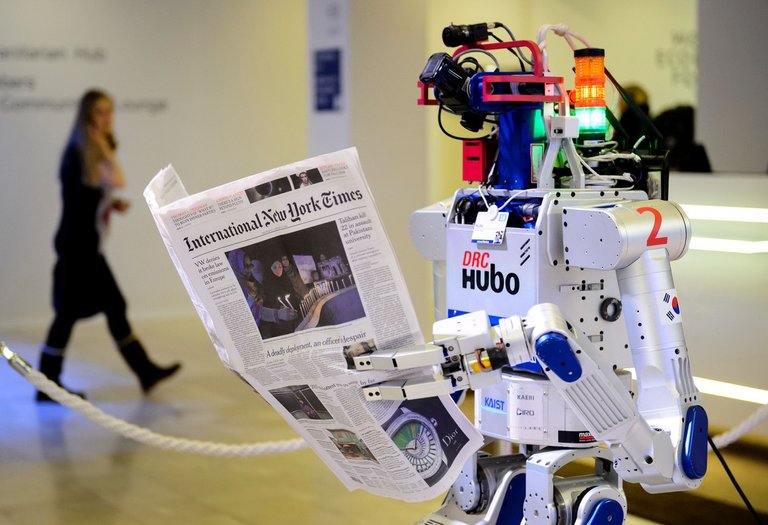
On the other hand, if China wants to take the lead in the global robotic revolution, it must overcome its tendency to imitate. Since creativity is very scarce in the country, says Toshio Fukuda, expert in robotics at the University of Nagoya, adding that imitation is a necessary stage before innovation.
